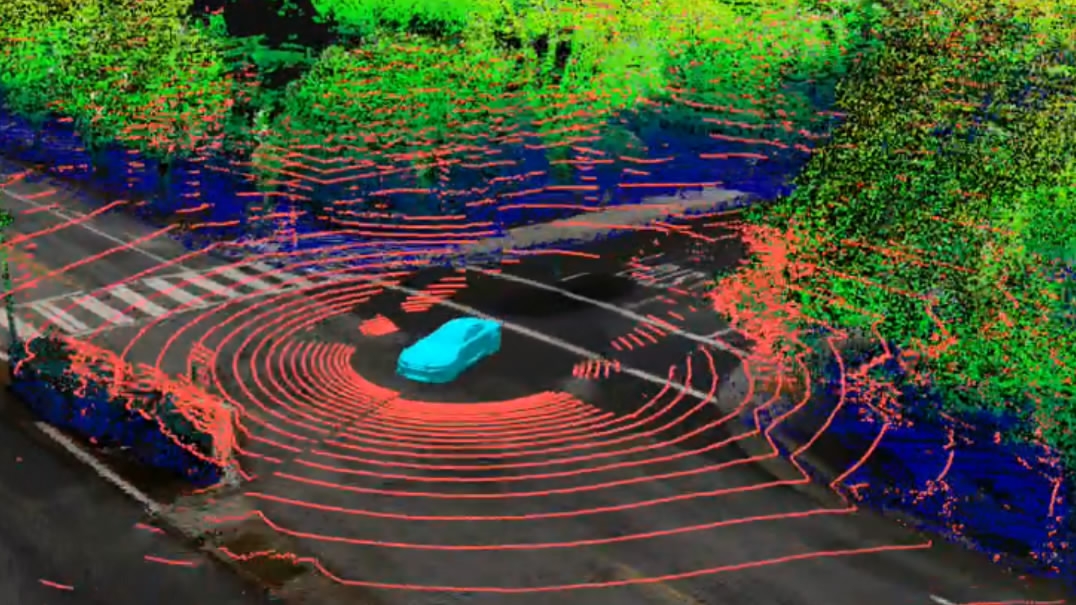
Tech & Sci
11:33, 22-Dec-2017
China, US agree to make their two satellite navigation systems compatible
By Mark Niu

In May 2014, China and the US agreed to work together to make their two satellite navigation systems – the US' Global Positioning System (GPS) and China's BeiDou Navigation Satellite System (BDS) – compatible and interoperable.
With the the exchange of information between the two systems, Bob O’Donnell, Chief Analyst of TECHnalysis research, said one of the most significant areas of impact will be the development of chips.
“Remember that GPS is used in smartphones, it’s going to be used for autonomous driving, it’s going to be used for a lot of applications in the future," said O'Donnell.
For James Wu, CEO of Silicon Valley startup DeepMap, the cooperation between the two systems will help the localization of cars within maps, making them much more robust.
And because self-driving car mapping utilizes GPS, along with Inertial Measurement Unit Sensors, HD cameras and light detection and ranging sensors, the agreement only helps improve accuracy.
Wu tells us what it’s like to create HD maps for self-driving cars.

Another startup making waves in the HD mapping field for autonomous driving is Civil Maps.
The San Francisco startup is working with car manufacturers like Ford and describes their work as developing "cognition for cars."
We asked co-founder & CEO Sravan Puttagunta how long he thinks it will take for self-driving cars to hit the mass market.

(Top photo credit: DeepMap)

SITEMAP
Copyright © 2018 CGTN. Beijing ICP prepared NO.16065310-3
Copyright © 2018 CGTN. Beijing ICP prepared NO.16065310-3